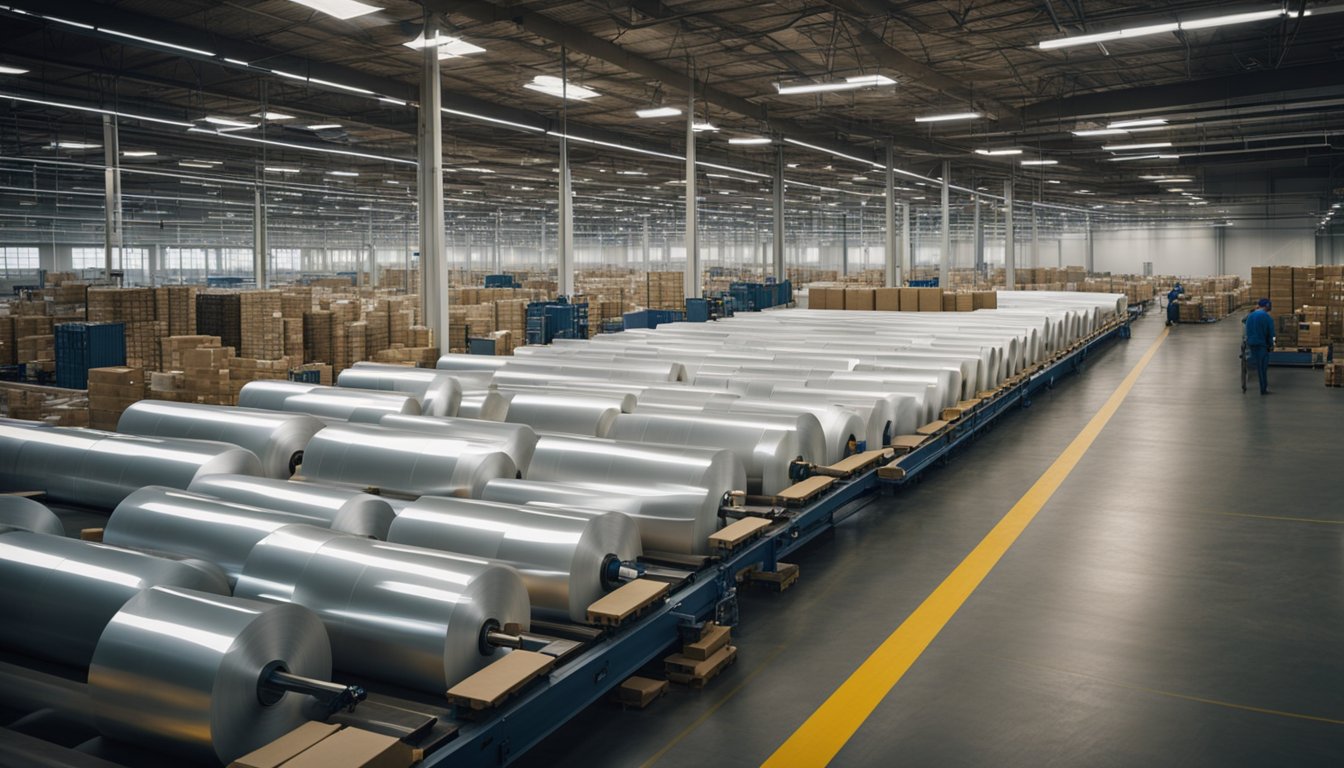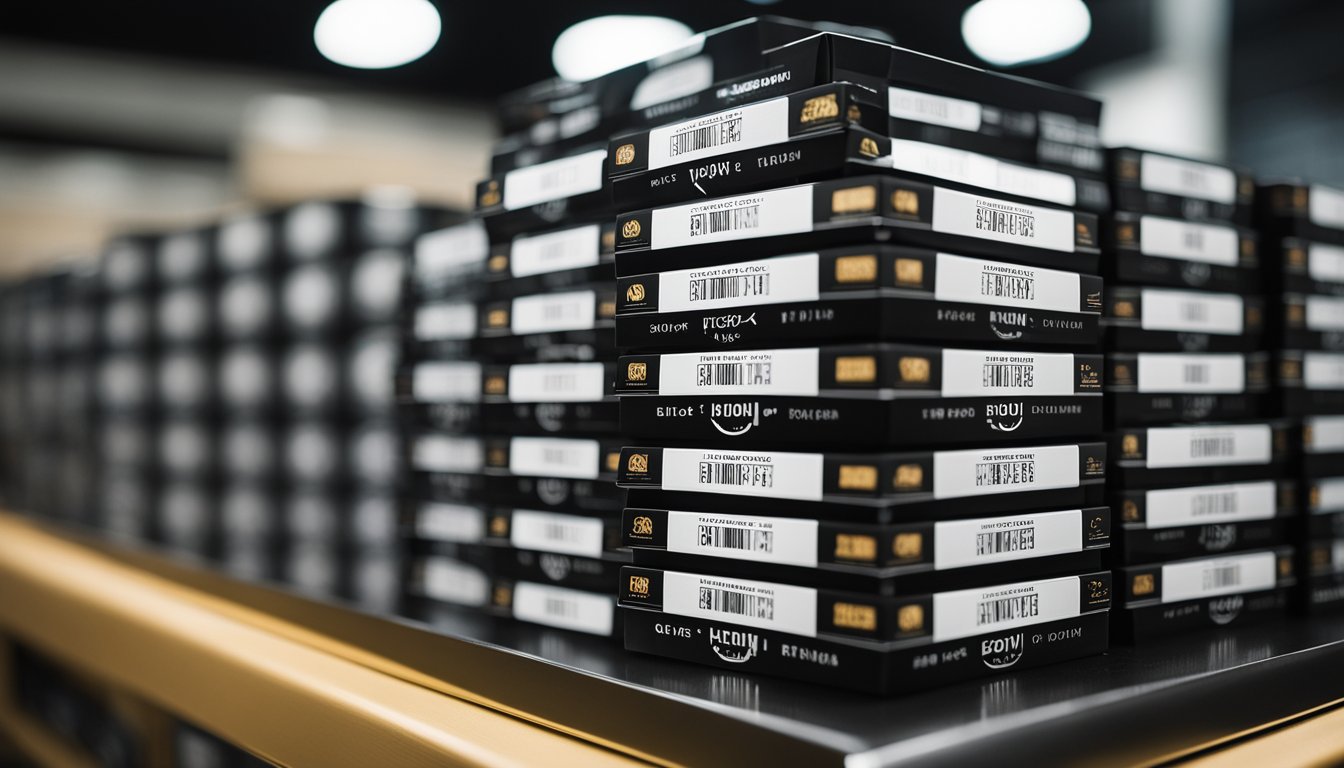Contact
Write to Us And We Would Be Happy to Advise You.
Do you have any questions, or would you like to speak directly with a representative?
By peter
If you’re looking for a reliable light guide film supplier, you’re in the right place. Light Guide Film Suppliers are essential components in many electronic devices, including smartphones, tablets, and televisions. As a result, the demand for these films has increased significantly in recent years, leading to a rise in the number of suppliers in the market.

When choosing a light guide film supplier, it’s important to consider factors such as quality, price, and delivery time. You want to work with a supplier that can provide high-quality films at a reasonable price, and deliver them on time to meet your production needs. Additionally, you may want to look for a supplier that offers customization options, such as different sizes or shapes of films, to meet your specific requirements.

Light guide film technology is a key component in the creation of energy-efficient and high-performance electronic displays. It is a thin and flexible sheet made of a transparent material that can be used to distribute light evenly across a surface. Light guide films are commonly used in a variety of electronic devices, including televisions, computer monitors, and mobile phones.
The technology behind light guide films is based on the principle of total internal reflection. When light enters the film, it is reflected repeatedly within the material until it emerges at the surface. This process creates a uniform distribution of light across the entire surface of the film, resulting in a bright and even display.
Light guide films are typically made from materials such as acrylic or polycarbonate, which are known for their transparency and durability. The films can also be coated with a variety of materials to enhance their performance, such as anti-glare coatings to reduce reflections and anti-scratch coatings to protect the film from damage.
When choosing a light guide film supplier, it is important to consider factors such as the quality of the materials used, the level of customization available, and the supplier’s experience and reputation in the industry. By selecting a reliable and experienced supplier, you can ensure that your electronic displays will have the highest level of performance and durability.

When it comes to purchasing light guide film, it’s important to choose a reliable supplier who can provide high-quality products. Here are some of the leading light guide film suppliers to consider:
Choosing a reliable supplier is crucial when it comes to purchasing light guide film. By considering these leading suppliers, you can be confident in the quality and performance of your light guide film products.
Light guide films are manufactured using a variety of processes, each with its own advantages and disadvantages. The most common processes used in the industry include:
Injection molding is a popular manufacturing process for light guide films because of its ability to produce intricate designs and shapes with high precision and accuracy. In this process, a plastic material is melted and injected into a mold cavity, which is then cooled and solidified to form the light guide film.
Roll-to-roll (R2R) processing is a continuous manufacturing process used to produce large volumes of light guide films. In this process, a thin, flexible substrate material is fed into a machine, where it is coated with a layer of light guide material. The coated substrate is then passed through a series of rollers, which apply pressure and heat to cure the material and create the desired shape.
Extrusion is another common manufacturing process used to produce light guide films. This process involves melting a plastic material and forcing it through a die to create a continuous sheet of material. The sheet is then cooled and cut to the desired size and shape.
Each of these manufacturing processes has its own advantages and disadvantages, and the choice of process will depend on factors such as the desired shape and size of the light guide film, the volume of production, and the cost of materials and equipment.
Light guide films have a wide range of applications and are used in various industries. Here are some of the common applications and industries served by light guide film suppliers.
Overall, light guide film suppliers serve a diverse range of industries and applications. Whether you need backlighting for electronic devices, illuminated signs, or automotive lighting, light guide film suppliers can provide customized solutions to meet your needs.
When selecting a light guide film supplier, there are several factors to consider to ensure that you receive a product that meets your needs and expectations. Here are some key selection criteria to keep in mind:
The quality of the materials used in the production of light guide films is critical to their performance. Look for suppliers who use high-quality materials that are durable and resistant to wear and tear. You should also ensure that the materials used are free from defects and meet industry standards.
The manufacturing capabilities of your supplier will determine the quality and consistency of the light guide films you receive. Look for suppliers who use state-of-the-art manufacturing equipment and processes to produce their products. This will ensure that you receive high-quality light guide films that meet your specifications.
Different applications require different light guide films. A good supplier should be able to customize their products to meet your specific needs. Look for suppliers who offer a variety of customization options, including size, shape, and thickness.
Price and lead time are important factors to consider when selecting a light guide film supplier. Compare prices and lead times from different suppliers to ensure that you are getting a fair deal. However, keep in mind that the lowest price may not always be the best option, especially if it comes at the expense of quality.
Finally, consider the level of customer service and support offered by your supplier. Look for suppliers who are responsive to your needs and are willing to work with you to ensure that you receive the best possible product and service. A good supplier should be able to provide technical support and troubleshooting assistance as needed.
Do you have any questions, or would you like to speak directly with a representative?